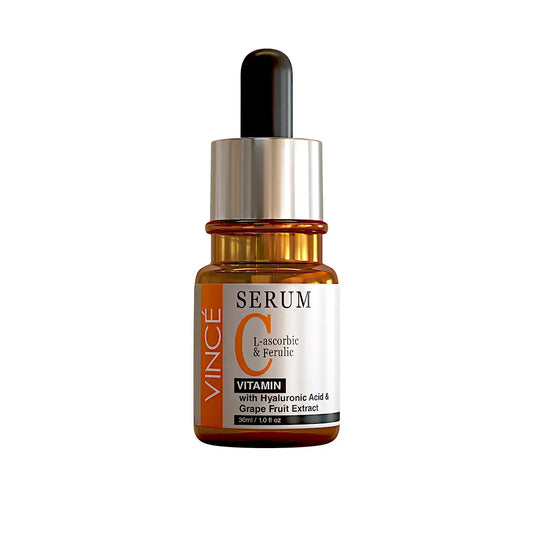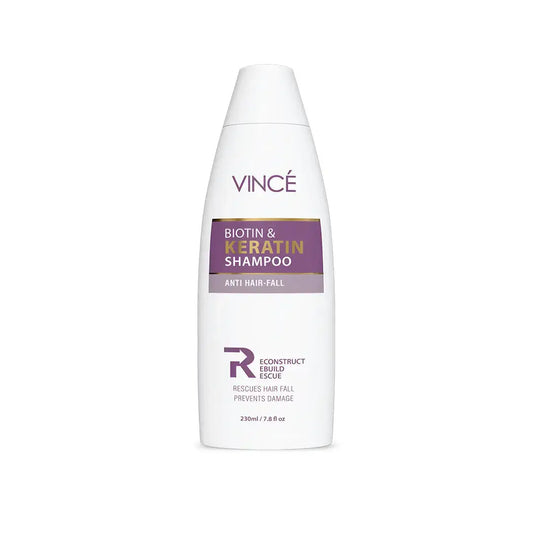7 Best Ways to protect your Skin from Sun Damage
 With the weather warming, the UV index is climbing along with the temperature.
With the weather warming, the UV index is climbing along with the temperature.
Of course, protecting your skin from the sun is essential year-round, but the most significant risk exists during the summer months when the UV index is at its peak and when we spend more time outdoors.
This guide will explain how you can protect your skin from sun damage.
7 Best Ways To Protect Your Skin From Sun Damage
Sun protection must be taken seriously, no matter what weather conditions you're experiencing.
That's because damage can happen when you least expect it, and the smartest thing you can do is prepare for it in advance. Stay safe when you're out and about with the following helpful tips:
these are the 7 best ways to protect your skin from sun damage
- Always Use Sunscreen
- Sunglasses
- Wear Hat
- Clothing
- The Shadow
- Avoid Sunbathing
- Avoid Photosensitivity
1. Always Use Sunscreen
Sunscreens are given a Sun Protection Factor (SPF) number that ranks their effectiveness in blocking ultraviolet (UV) rays.
A higher number indicates more excellent protection. You should use broad-spectrum sunscreen with at least SPF 30, even on cool or slightly cloudy days.
The broad spectrum on the product label means that the sunscreen filters exposure to ultraviolet A (UVA) and ultraviolet B (UVB) radiation.
UVA rays penetrate deep into the skin and are responsible for premature aging and skin cancer. UVB rays cause sunburn because they affect the surface of the skin.
Remember to apply a thick layer of sunscreen on all exposed skin. Get help for tough spots like your back.
Here is some crucial information to keep in mind when using sunscreen:
There are many types of sunscreens with different levels of protection and ingredients.
Realize that there is no wrong choice. Dermatologists often say that the best sunscreen is the one you'll use.
- Broad spectrum.
- Water-resistant.
- SPF.
- Wipes, Powders, and Sprays.
- Sunscreen Ingredients.
- Sunscreen Expires.
1. Broad spectrum:
It means that a product helps filter two types of sunlight; UVA, which causes damage like fine lines and wrinkles and causes skin cancer, and UVB. Which causes burns and can also cause skin cancer.
2. Water-resistant:
Sunscreens with this claim on the label will work for 40 to 80 minutes after you get wet.
Each product has its level of water resistance, so read the label and follow the instructions on how often to reapply.
3. SPF:
It measures how well the product filters UVB rays. The higher the SPF, the more protection it generally provides against sunburn.
No matter what SPF you use, you must reapply every 2 hours.
4. Wipes, Powders, and Sprays:
The FDA has yet to decide whether wipes, powders, body washes, and shampoos that contain sunscreen are effective, so traditional lotions, creams, and ointments are a safe option for now. There may be better conditions.
As for the sprays, some scientists believe they can be dangerous if you inhale them while spraying. The FDA is also considering this question.
But you can use them without spraying them on your face. Try spraying these products into your hands, then rub them onto your face and body to ensure you're using enough.
5. Sunscreen Ingredients:
The FDA approves 17 active ingredients for use in sunscreens. Over the years, some groups have raised questions about the safety of common ingredients, such as oxybenzone.
But Dermatologist says the prevention of sunburn and skin cancer far outweighs any unproven concerns about these health risks. The doctors also say the ingredients are safe and effective when you use them as directed.
Everyone over six months of age can use it. Shade and clothing are the best ways to protect young children from the sun.
6. Sunscreen Expires.
Look for the expiration date on the bottles you buy. If they still need to, mark the month and year of purchase and toss it after three years. The FDA requires all sunscreens to last at least that long.
2. Sunglasses
Sunglasses protect the eyes from UV rays and reduce the risk of skin damage. They also protect the delicate skin around the eyes from sunlight.
Sunglasses that block both UVB and UVA rays provide the best protection. Most sunglasses sold, regardless of price, meet this standard.
It will be good if wrap-around sunglasses because it works best. After all, they block UV rays from entering from the side.
3. Wear Hat
For maximum protection, wear a hat with a brim that shades the back of your face, ears, and neck. Tightly woven fabrics work best to protect your skin from UV rays.
You should avoid straw hats with holes that allow sunlight to pass through and damage your skin. A dark hat can provide more UV protection.
If you wanna heal your skin from sunburn then, you must read this that will help you to how to treat sunburn
If you wear a baseball cap, you should also protect your ears and the back of your neck by wearing clothing that covers those areas, sunscreen, or staying in the shade.
4. Clothing
When possible, wear a full cover to protect yourself from UV rays. If wearing this type of clothing isn't practical, try wearing a T-shirt or beach cover-up.
Clothes made of the tightly woven fabric provide excellent protection. For example, a wet T-shirt provides much less UV protection than a dry one, and darker colors may provide more protection than lighter colors. In addition, some garments are certified as offering UV protection under international standards.
5. The Shadow
You can reduce your risk of skin cancer and sun damage by staying in the shade under a tree, umbrella, or other shelter.
Your best bet for protecting your skin is to wear sunscreen or protective clothing outdoors, even in the shade.
6. Avoid Sunbathing
The dermatologist confirmed that there is no such thing as a healthy tan. However, it should note that although sunbathing is terrible for everyone, it is especially harmful to people with fair skin.
Most of them cannot tan and run the risk of severe burns. If you must sunbathe, try to stroll and allow your skin to melanin slowly so you have some protection.
7. Avoid Photosensitivity
Certain medications, such as tetracycline and diuretics, can make your skin more sensitive to sunlight and increase your chances of sunburn.
Some herbal medicines can affect your body in the same way. Discussing this possibility with your doctor or pharmacist is advisable if you take medication.
Sunburn damages the outer layers of your skin. It is an inflammatory response to receiving too much ultraviolet radiation from the sun.if you are facing sunburn then you must read how to treat sun burn and protect your skin from sunburn.
Why is the Protection of Your Skin crucial From The Sun?
Many people enjoy looking tan and love the sunlight hitting their skin, but this has long-term consequences.
Sun exposure increases your risk of developing skin cancer and precancerous lesions, including actinic keratoses, basal cell carcinoma, squamous cell carcinoma, and melanoma.
Sun exposure also accelerates skin aging, resulting in discoloration, changes in texture, and wrinkles.
But the fact is, we still want you to go outside and enjoy the weather! Sunny weather is short and meant to be enjoyed. However, implementing some sun-protective lifestyle changes can significantly reduce your risk.
Conclusion
Spending too much sun exposure can cause skin aging and very harmful eye problems. UV rays can penetrate the deeper layers of the skin and damage cells, which are then at risk of becoming cancer.
Experts say that just one episode of sunburn can double your chances of developing malignant melanoma, the most severe form of skin cancer.






